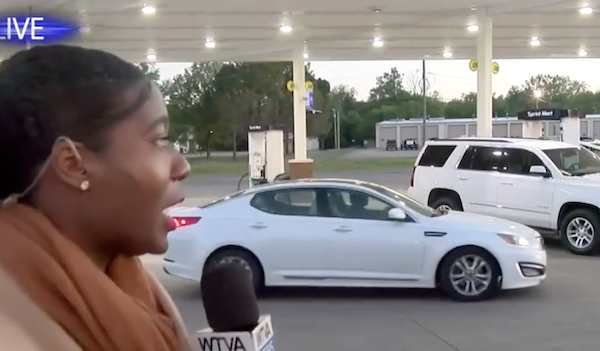If you are a general assignment reporter, most days you are pressed for time quickly moving from one story to the next. However, there are ways to dig deeper even on a tight deadline.
“I believe strongly in this idea that you can, no matter what shift you work, become an expert in something,” said Chris Vanderveen, director of reporting at KUSA 9 News in Denver.
He said that he quickly learned that it is okay to admit you don’t know something. So, he created a network of trustworthy experts on various topics he knows little about.
“Every story that I start now I call a lot of smart people. And I’ll tell them, hey, I’ve got a hunch about something. I think this is wrong. Tell me that I am wrong,” he said.
Nancy Amons is a reporter for WSMV News 4 in Nashville, Tenn. She specializes in digging deeper and following up on stories. One of her strategies is to use public records and documents in everyday reporting.
“If there’s a traffic crash, what I do is I ask for the history of an intersection. If there’s a railroad derailment or somebody gets hurt or killed, I look for the history,” Amons said. “ Data can add context in a story.”
She looks for stories in audits and talks to auditors, who are great sources of information and generally happy to talk to her. She also files a lot of Freedom of Information Act (FOIA) requests, which she calls ‘the gift that keeps on giving.”
She files a variety of FOIA requests ranging from government documents to emails, texts, and even phone calls. Some of these documents could cost a lot of money, but Amons said the cost is always negotiable.
“Sometimes they want to give you the paper version, I say give me it electronically, it doesn’t cost you anything to print it,” she said.
Amons said that if you are getting ready to file a FOIA request, look online first. A lot of these documents are posted online, but they are just difficult to find. She said that one of the best tools to search is to use the advanced Google search option and to narrow the search to only government websites.
And finally, Vanderveen said that at the beginning of his career he took on too much and tried to cover stories that were too big. His advice is to just conquer one story at a time, not the entire world.
“It is ok to cover the nuance story as long as it is emblematic of something larger,” he said.
Our experts shared their views during the webinar series “Virtual TV Power Reporting” organized by the Poynter Institute.








